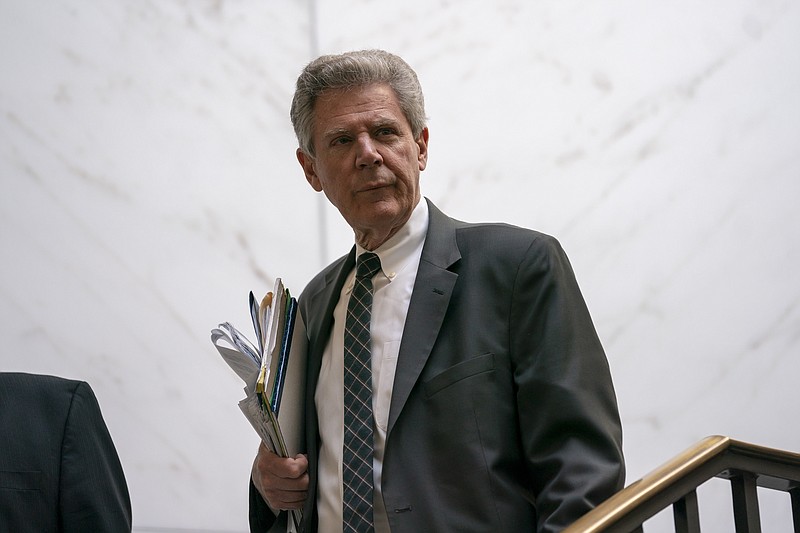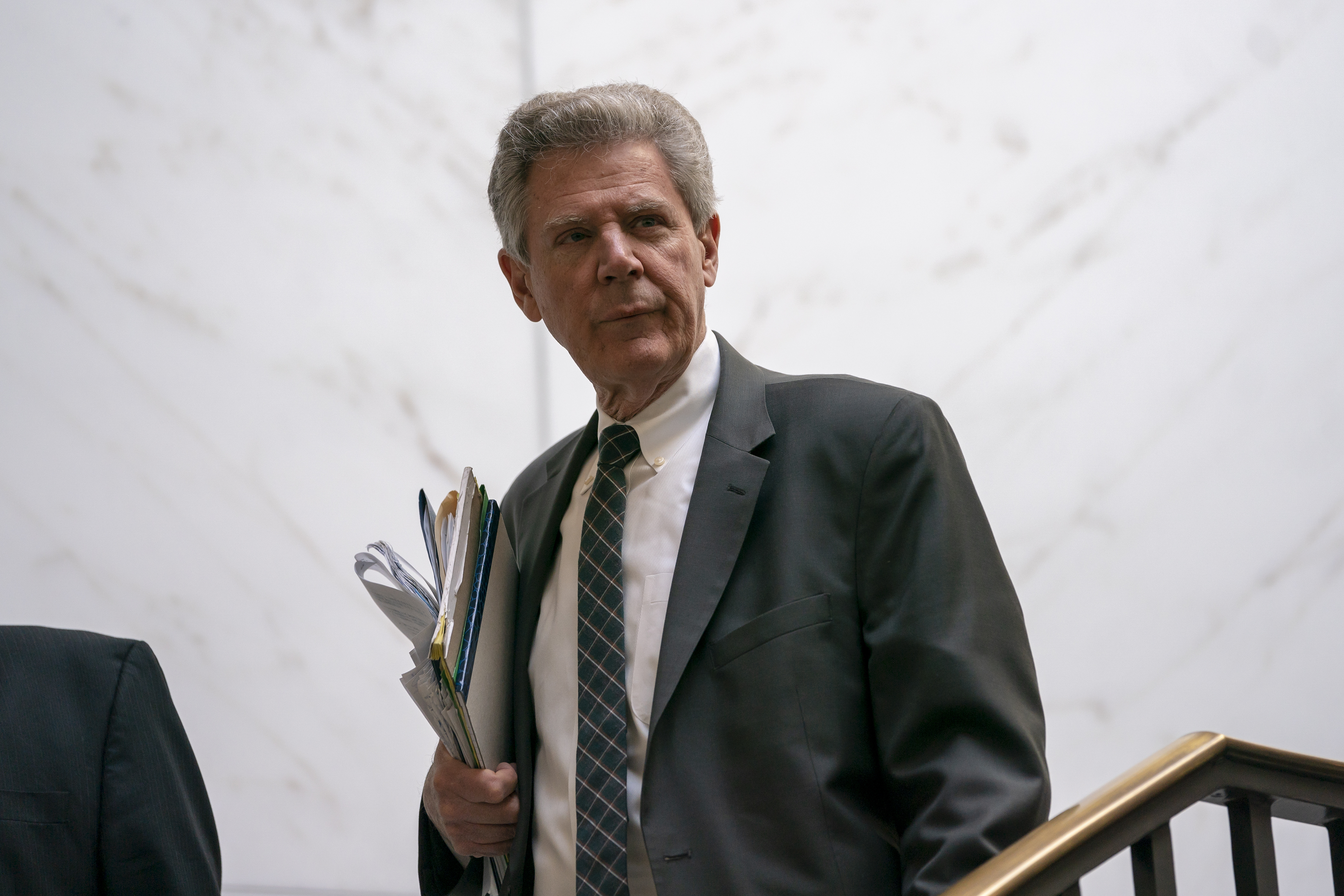NASHVILLE - A powerful U.S. House Democratic committee chairman says it's illegal for the Trump administration to grant Tennessee Gov. Bill Lee's request to convert much of its federal funding for TennCare into a Medicaid block grant.
"... The Trump Administration does not have the authority to do this," House Energy and Commerce Chairman Frank Pallone, D-N.J., said in one of several tweets.
His comments came after Lee, a Republican, announced Tuesday that he is seeking a waiver of federal Medicaid rules to convert $7.9 billion of federal dollars supporting the 1.4 million-enrollee program into a lump sum annual payment.
Lee's move came as the Trump administration has encouraged states to submit such waivers. Tennessee Republican lawmakers this year passed a law requiring Lee to seek the block grant, which would free the state of many of the restrictions on what TennCare can and cannot do.
In another tweet this week, Pallone cited a June 27 letter he fired off to U.S. Health and Human Services Secretary Alex Azar after Tennessee and Utah lawmakers passed legislation requiring their governors to seek such a move.
"I wrote to Sec. Azar this summer reminding him HHS does not have legal authority to implement a block grant or per capita cap on the Medicaid program," the chairman stated. "While Secretary Azar has yet to respond to me, ignoring oversight letters from Congress doesn't change the fact that block granting Medicaid is illegal."
(Read more: Michigan law professor questions legality of Tennessee Medicaid block grant proposal)
In his letter to Azar, Pallone warned the secretary that it would require changing federal law to permit Medicaid block grants. And he noted that in 2017, "Congress considered and rejected converting Medicaid to a block grant or per capita cap when such a change was a centerpiece of the failed Republican effort to repeal the Affordable Care Act.
"Capping Medicaid funding, whether through a block grant or a per capita cap would be devastating to those who rely on the program," Pallone added in the letter.
He also noted that such a change would slash $1.4 trillion from Medicaid over 10 years, adding "cuts of that magnitude would threaten access for children with complex medical needs, people with disabilities, seniors and others in the community who receive care from safety net providers that are largely financial by Medicaid."
Medicaid is a federal entitlement health insurance program providing coverage to low-income children, mothers and other caretakers, the disabled and elderly. It is jointly funded by the federal government.
The federal share of Medicaid's costs is determined by a formula set in statute that is based on a state's per capita income. Whatever the state spends, the federal government is required to match it.
In Tennessee, the federal government pays about 65% of the total $12.1 billion program's annual costs.
Lee's press secretary, Laine Arnold, said in a statement, "We believe the block grant is worth pursuing and the Trump Administration has encouraged this sort of innovation.
"Gov. Lee has reiterated that point throughout this process and it will be up to [the Centers for Medicare & Medicaid Services] to communicate what they are willing to accept during the negotiations."
The administration has noted they are using a "hybridized approach" on the funding, carving out a number of programs and areas from the block grant. That list includes excluding persons who are dually enrolled in both the Medicare program for the elder and the Medicaid program for the poor and prescription drugs.
In a blog post this week, Nicholas Bagley, a University of Michigan law professor and health expert who teaches and writes about administrative law, regulatory theory and health law, stated that "setting aside the dubious policy merits of block grants, however, I don't think the proposal is legal.
"I don't even think it's close," added Bagley, who posted his views Tuesday on The Incidental Economist, a health policy blog.
Lee's administration is currently in the midst of the federally required 30-day public comment period on the proposed TennCare waiver, which would go to HHS's Centers for Medicare and Medicaid Services.
In response to Times Free Press questions arising from Bagley's doubts, TennCare spokeswoman Sarah Tanksley said in a statement on Wednesday that "if [the Centers for Medicare and Medicaid Services] has questions about any provision in the block grant proposal, we will address those questions with CMS."
Contact Andy Sher at asher@timesfreepress.com or 615-255-0550. Follow him on Twitter @AndySher1.


